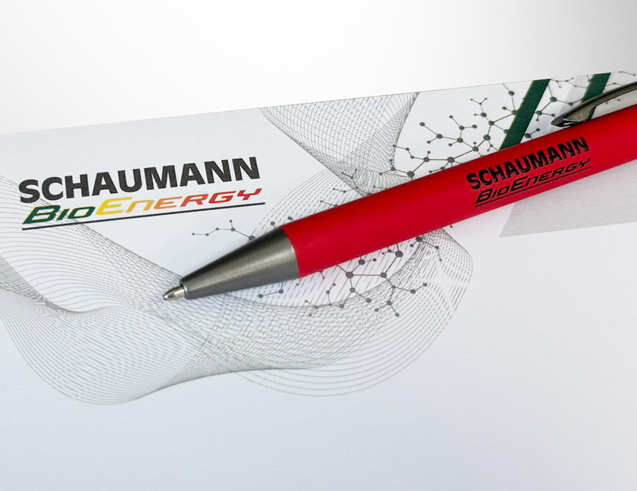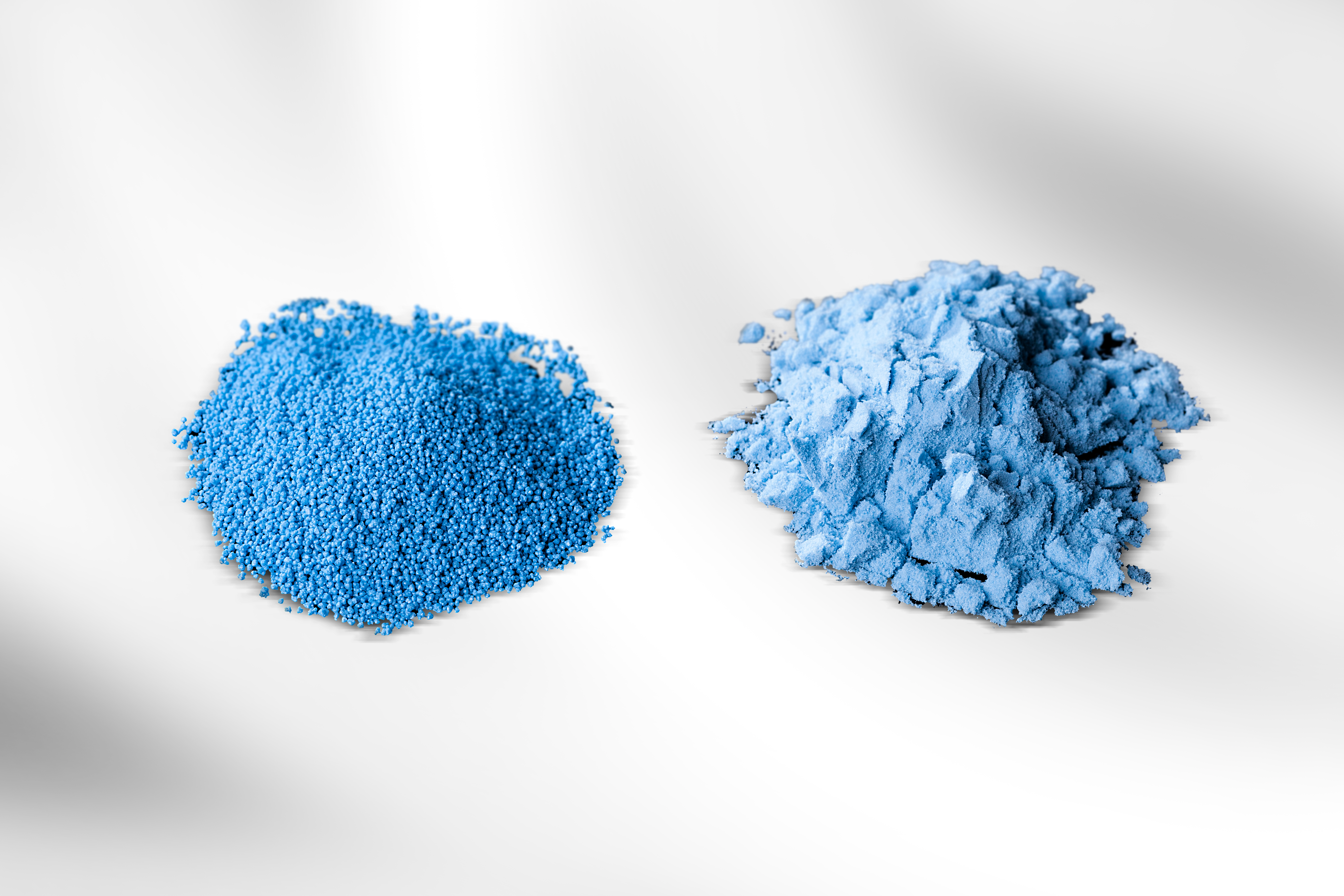Download area - BioEnergy News

You can also find out more about our products in the BioEnergy News. The news with many practical tips for your biogas production is available for download.


You can also find out more about our products in the BioEnergy News. The news with many practical tips for your biogas production is available for download.